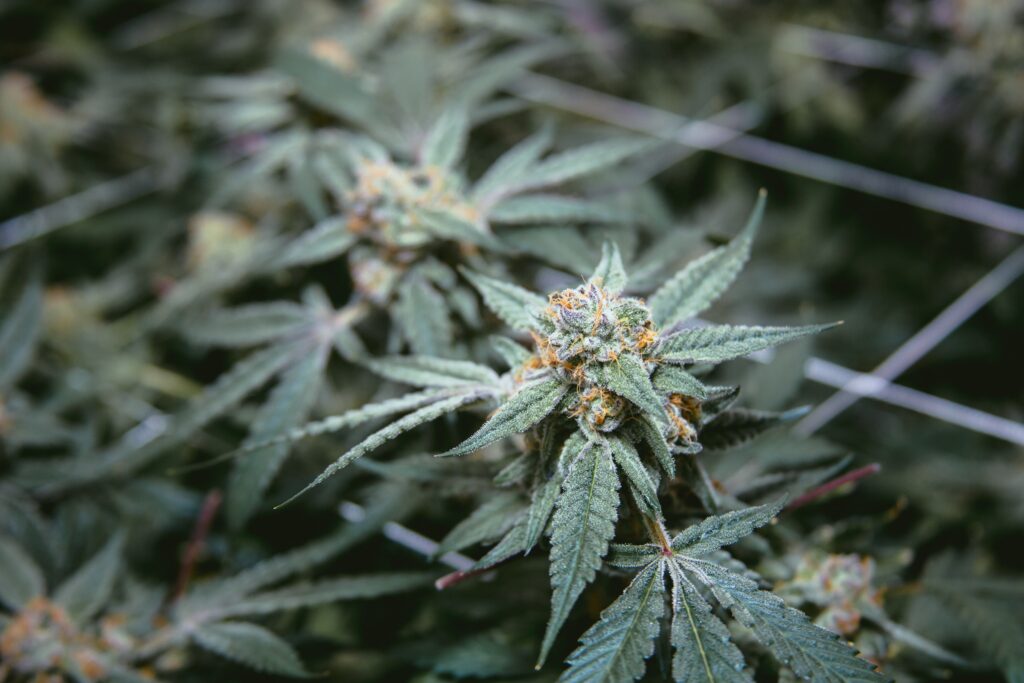
Medical Cannabis and Neurological Disorders
Cannabis has shown potential in providing therapeutic benefits for various neurological disorders. The cannabinoids present in cannabis, such as THC and CBD, interact with the body’s endocannabinoid system, which plays a role in regulating various physiological processes, including those related to neurological function.
Here are a few ways in which cannabis may help with neurological disorders:
- Neuroprotection: Cannabinoids have demonstrated neuroprotective properties, which means they may help protect neurons from damage or degeneration. This can be beneficial for conditions such as Alzheimer’s disease, Parkinson’s disease, and multiple sclerosis, where neurodegeneration is a key feature.
- Pain and Symptom Management: Cannabis can help alleviate pain and other symptoms associated with neurological disorders. It can provide relief from neuropathic pain, muscle spasms, spasticity, and tremors. This can improve the quality of life for individuals with conditions like multiple sclerosis, Parkinson’s disease, and spinal cord injuries.
- Anti-inflammatory Effects: Inflammation plays a role in various neurological disorders. Cannabinoids have anti-inflammatory properties and can help reduce inflammation in the brain and nervous system. This may be beneficial for conditions such as epilepsy, multiple sclerosis, and certain autoimmune disorders affecting the nervous system.
- Seizure Control: CBD, in particular, has shown promise in the treatment of epilepsy, specifically in reducing the frequency and severity of seizures. Epidiolex, a CBD-based medication, has been approved by the U.S. Food and Drug Administration (FDA) for the treatment of certain types of seizures associated with epilepsy.
- Anxiety and Mood Regulation: Cannabis can have calming and mood-stabilizing effects, which may be beneficial for individuals with neurological disorders that involve anxiety, depression, or mood disturbances. However, it’s important to note that the effects can vary among individuals, and some people may experience increased anxiety or other adverse effects with cannabis use.
It’s essential to work with healthcare professionals experienced in cannabis medicine when considering cannabis for neurological disorders. They can provide personalized guidance, help determine the most appropriate strains, dosages, and consumption methods, and monitor the individual’s response to treatment. Additionally, it’s crucial to be aware of the legal and regulatory framework surrounding medical cannabis in your jurisdiction.